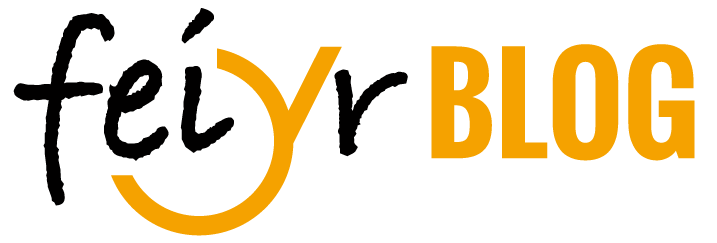What is a collecting society?
Collecting societies administer the rights of their members, who are usually authors. In Germany, these institutions are defined in the Collecting Societies Act. An essential function of collecting societies is the control of so-called secondary exploitation, i.e. the use of a work after its actual first publication. This includes, for example, public performances on radio, television or in clubs. But also the use in covers or edits/remixes.
If such use occurs, fees are due that are passed on to the authors as royalties via the collecting society.
Furthermore, collecting societies often act in a similar way to trade unions and try to articulate the interests of their members vis-à-vis the industry, rights users and politicians.
What does GEMA do?
The “Society for Musical Performing and Mechanical Reproduction Rights” (GEMA) represents the rights of composers, lyricists and music publishers in Germany. At the same time, it is in contact with collecting societies abroad, which means that international usage and performances can also be settled through GEMA.
GEMA is organised as an association and currently has about 80,000 members. In principle, membership is voluntary. The admission fee for authors currently is € 90.00 plus VAT. In addition, there is an annual membership fee of € 50.00 plus VAT. Whether membership makes sense should therefore be weighed up above all from an economic point of view.
GEMA vs. YouTube – what is the conflict about?
The dispute between GEMA and YouTube began as early as 2006. The core of the dispute was the payment of fees demanded by GEMA for the use of its members’ content. For a long time, this led to the blocking of music content by GEMA members on the platform. The background to the discussion is different views on the role of YouTube. The platform itself sees the users as responsible for uploaded content and refused to pay the corresponding licence fees for a long time. GEMA, on the other hand, wanted to make YouTube more responsible in this regard, especially because the Google company generates high revenues through advertising.
In the course of the EU Copyright Reform of 2016, an agreement was reached between the parties, which included a subsequent payout for GEMA members and a future levy system. Furthermore, previously blocked content was now made available again.
So what does the GVL do?
The Gesellschaft zur Verwertung von Leistungsschutzrechten (GVL) represents the rights of those entitled to a recording. In contrast to GEMA, it is not about the authors or publishers, but about all those who make the recording and production of a work possible. This includes the sound carrier manufacturers (labels), producers and performing artists. Consequently, royalties are only due if the corresponding recording is used, for example, on TV and radio or in discotheques, clubs, restaurants, etc. The GVL is also responsible for the royalties.
Furthermore, the GVL is also responsible for assigning the Label Code (LC). In particular, the LC is usually a mandatory requirement for sampling radio stations or for airplay in Germany.
To become a member of the GVL, you have to sign a so-called administration agreement. This is free of charge, as is the subsequent allocation of the label code.
Manage neighbouring rights via Feiyr
The revenues resulting from neighbouring rights have been increasing for years. In Germany alone, these revenues accounted for 12.1 % of the music market in 2020, at 216 million euros.
In order to assert your claims, the collecting societies must have corresponding data on your titles. The preparation of this data is usually laborious and time-consuming and is subject to different requirements depending on the country.
Your advantage: Feiyr as your digital distributor already has most of the necessary metadata. Only a few additions are necessary and you can have your titles evaluated internationally by us in one fell swoop. We can currently offer the evaluation of neighbouring rights for the following countries:
Australia, Germany, Ireland, Israel, Canada, Netherlands, Austria, USA, Estonia, Latvia, Norway, Poland, Russia, Switzerland, South Africa, Bulgaria, South Korea, Belgium, Denmark, Finland, Great Britain, Italy, France and Sweden.
Find out more in your Feiyr account.






